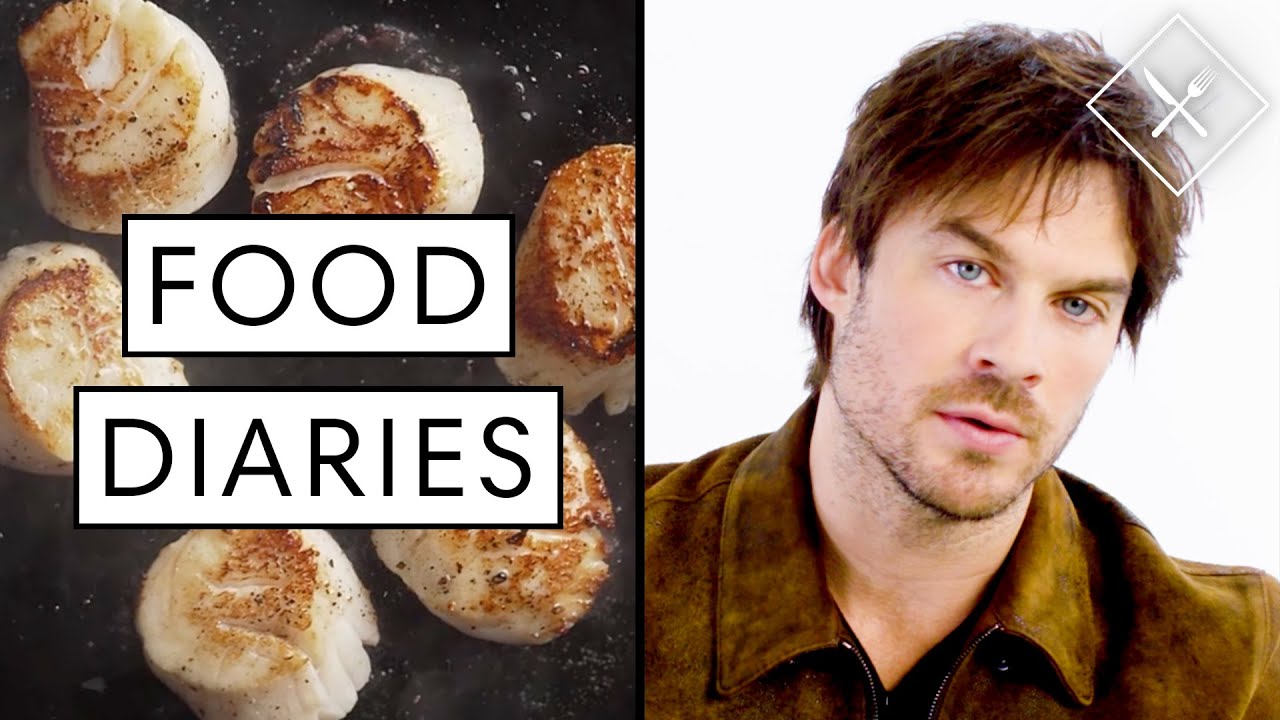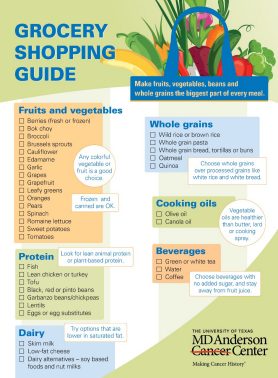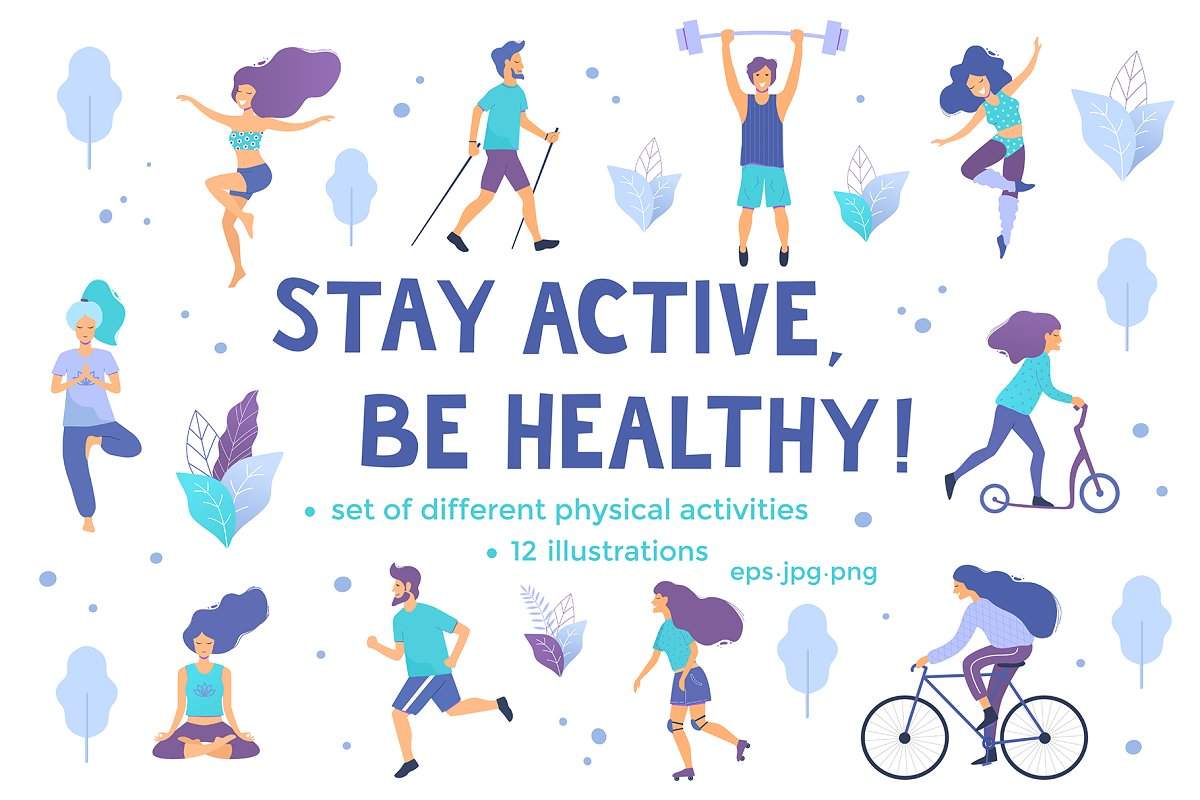
Food insecurity can be defined as a situation where someone doesn't have sufficient food to eat. It can be either a temporary or a long-term problem that can vary from person to person. There are many factors that affect the level of food insecurity, including where people live and what their income is. Nearly one-third of American households are food insecure.
People who aren't able to eat enough can be more vulnerable to health problems. This can include low birth weight, anemia, and weakness. Children who are food insecure are more likely to have emotional and behavioral problems, and they are less likely to be able to focus at school. People who are food insecure have higher rates of hospital admissions. They spend $2360 more annually than those with sufficient food security.
There are two types of food security. Low Food Security describes a household who cannot afford nutritious food. This may occur in a situation where the person or family is unemployed, living on a limited income, or taking in an elderly relative. These individuals are often tempted to eat cheaper foods, which may not be as healthy.

Very Low Food Security (or food insecurity) is the second. This refers to a household who has limited or no variety of their diet. This is most common in those who are poor. It can also be related to the price of food. People with very low food security will need to cut back on their food habits in order to make ends meets. These families often eat processed, cheap food instead of healthy, fresh foods.
People in the United States are experiencing an increase in food-insecurity since 2007. In 2007 and 2008, food prices rose. The economic downturn has slowed demand. The unemployment rate has also increased. People have to choose between paying their bills or buying groceries. People may have to make a choice between paying the bill or buying food if they are faced with an unexpected health emergency.
Families might have to pay more for health care, transportation, medical facilities, and utilities. This can be especially true for families with young children. Children under five are particularly vulnerable to illnesses and these expenses can increase their food insecurity.
While certain areas have more food security than others, the vast majority of the world's population are still insecure about their nutrition. More than half the world's hungry people live in Asia and Africa. Over the past decade, hunger has been on the rise all over the world.

There are many ways you can tackle food insecurity. You can volunteer to help a community in need, contact your local elected officials, or donate food. These are all ways to build connections that will benefit everyone.
FAQ
What should I eat?
Take in lots of fruits and veggies. They provide vitamins and minerals to keep your immune systems strong. They are also rich in fiber, which is good for digestion and makes fruits and vegetables filling. Try to include at least five servings of fruit and veg per day.
Drink plenty of water. Water flushes toxins from your body and helps you feel full between meals. Drink about eight glasses each day.
Refined grains should be replaced with whole grains. Whole grains retain all nutrients including B vitamins, iron and zinc as well as calcium, magnesium, calcium, protein, and magnesium. Refined grain has lost some of its nutrition.
Sugary drinks should be avoided. Sugary drinks are high in empty calories and can lead to obesity. Instead, you can opt for water or milk, as well as unsweetened herbal teas.
Avoid fast food. Fast food is very low in nutrition. It may taste great but it won't give you the energy you need to function properly. Instead, stick to healthier options like soups and sandwiches, pasta, and salads.
Try to limit alcohol intake. Avoid alcohol as it can cause empty calories and poor nutrition. Limit your consumption to no more then two alcoholic beverages per week.
Try to cut down on red meat. Red meats have high levels of cholesterol and saturated fat. Lean cuts of beef or pork, lamb and chicken, as well as fish and turkey, are better choices.
Do I have to count calories?
Perhaps you are wondering what the best diet is for you. or "is counting calories necessary?" It depends on several factors such as your current health, personal goals, preferences, and overall lifestyle.
The Best Diet For Me - Which One Is Right For You?
The best diet depends on me, my health, my goals, my lifestyle, and my preferences. There are many diets out there, some good and some bad. Some diets work better than others. What should I do then? How can I make the right choice?
These are the questions that this article attempts to answer. It begins with an overview of the different diets today. Then, the pros and cons of each type of diet are discussed. Finally, we'll discuss how to select the best one.
Let's first take a look at different diets.
Diet Types
There are three main types: low fat, high proteins, and ketogenic. Let's discuss them briefly below.
Low Fat Diets
A low-fat diet is a diet that reduces the amount fats consumed. This is accomplished by decreasing the intake of saturated fats like butter, cream cheese, and other dairy products. They are replaced by unsaturated fats such as avocados, olive oil, and cream cheese. Low fat diets are often recommended to those who wish to lose weight quickly. This kind of diet could cause constipation or heartburn and other digestive problems. If a person doesn’t receive enough vitamins from their foods, this can lead to vitamin deficiency.
High Protein Diets
High protein diets restrict carbohydrates in favor of proteins. These diets typically have more protein than other diets. These diets are designed to build muscle mass and help you burn more calories. The downside is that they may not provide adequate nutrition for someone who needs to eat regularly. They can be quite restrictive and are not recommended for everyone.
Ketogenic Diets
Also known as keto diets, ketogenic diets are also called keto diets. They are high fat and moderately carbohydrate and protein-rich. They are typically used by athletes and bodybuilders because they allow them to train harder and longer without getting tired. You must adhere to all side effects such nausea, headaches, fatigue.
Is being cold bad for your immune system?
Cold makes you weaker because you have less white blood cells to fight infections. Cold can also make you feel better as your brain releases endorphins, which reduce pain.
Does being cold give you a weak immune system?
It's been said that there are two kinds of people in the world; those who love winter and those who hate it. It doesn't really matter whether you love winter or you hate it. You might wonder why you feel so bad when it's cold.
Our bodies were designed to work best in warm climates. Because of this, our bodies evolved to thrive and survive in hot climates.
We live in a very different environment than our ancestors. We spend much more time indoors and are exposed to extreme temperatures (cold, heat) and eat processed foods instead of fresh.
As a result, our bodies aren't used to such extremes anymore. That means that when we do venture outdoors, we're left feeling tired, sluggish, and even sick.
However, there are ways to counter these effects. Keep your body hydrated. You can help flush out toxins and keep your body hydrated by drinking plenty of water.
Also, ensure you eat healthy food. Healthy food will help your body maintain its optimal temperature. This is especially important for those who spend long periods inside.
Take a few minutes every morning to meditate. Meditation is a great way to relax your body and mind. It makes it easier for you to cope with stress and illness.
Statistics
- According to the 2020 Dietary Guidelines for Americans, a balanced diet high in fruits and vegetables, lean protein, low-fat dairy and whole grains is needed for optimal energy. (mayoclinichealthsystem.org)
- Extra virgin olive oil may benefit heart health, as people who consume it have a lower risk for dying from heart attacks and strokes according to some evidence (57Trusted Source (healthline.com)
- WHO recommends consuming less than 5% of total energy intake for additional health benefits. (who.int)
- The Dietary Guidelines for Americans recommend keeping added sugar intake below 10% of your daily calorie intake, while the World Health Organization recommends slashing added sugars to 5% or less of your daily calories for optimal health (59Trusted (healthline.com)
External Links
How To
How to Live a Healthful Lifestyle
Healthy living is a lifestyle that helps you maintain your weight, good health, and your fitness. Healthy living means eating right, exercising regularly, getting enough rest, and staying away from harmful substances like alcohol, tobacco, cocaine, and drugs. A healthy lifestyle helps you stay fit and feel good about yourself. You are also less likely to develop chronic diseases such heart disease and stroke, diabetes or cancer.
The main goal of this project was to provide a step-by-step guide on how to live a healthier life. The first part of the project consisted of writing the introduction, which explains what a healthy lifestyle is, why people should adopt a healthy lifestyle and who we are. The body paragraphs are a collection of tips on how to live a healthy life. The conclusion summarizes the article and offers additional resources if necessary.
I learned how to create a concise and clear paragraph through this assignment. Also, I learned how to organize my ideas into topic sentences and supporting details. Additionally, I learned how to organize my ideas into topic sentences and supporting details. Finally, I learned proper grammar and writing skills.